Originally published in Meeting of the Minds.
We’ve missed a lot of things in the last year and a half, but one of the things I miss most is street festivals. Whether a Caribbean carnival in a big city or a strawberry or tomato festival in a small town, street festivals always embody what makes a place thrive: people walking and relaxing, music playing, artists performing, families and friends coming together, the smell of food cooking, and vendors selling all kinds of colorful things.
Street festivals are more than just a nice way to spend a Saturday afternoon. They represent an approach to economic development that emphasizes people and connections. More and more communities are building their economy by creating a downtown where people want to be, with shops that are unique to the community, and finding that their competitive edge for business and job growth is dependent on downtown success.
Three tenets underpin this approach:
Investing in the place is an economic strength,
A unique identity of the place is essential to long-term value, and
Social connections are essential to economic resilience.
There are a lot of ways cities can create these kinds of places. Throughout my decades of work helping cities use a place-based approach to economic development, however, one strategy in particular has stood out: support for small-scale manufacturing.
Small-scale manufacturers are locally owned businesses that produce anything from hats to hardware to distilled spirits to coffee and more. Unlike large manufacturers, they fit into relatively small commercial spaces and are clean, quiet neighbors. Your city might be home to some of these kinds of businesses already.
Small-scale manufacturers are great additions to downtowns and main streets for a number of reasons. The first is that these businesses can create jobs at a variety of skill levels. Whether it’s cutting leather, canning beer, or using heritage craftsman techniques, these businesses open doors for workers with diverse skills to learn and thrive.
The second is that it’s often women, immigrants, and Black, Latino or other business owners of color at the helm of these businesses. Consider, for example, Tina Shelvin Bingham, community leader and owner of The Natural Way, an herbal tea company in Lafayette, LA. Bingham partnered with Habitat for Humanity to redevelop a vacant building as a Community House in the McComb-Veazey neighborhood. Then she and partners organized and launched a Business Academy for residents in that space. In this way, Bingham grew her own business while helping other Black business owners scale as well. Supporting entrepreneurs like Bingham is a powerful, practical way to make local economies more participatory.
The third is that these businesses are well-positioned to compete in the digital economy. COVID accelerated this for many small-scale manufacturers, spurring them to move online faster and more robustly than they otherwise might have. Now many of these businesses are earning equal amounts from online and storefront sales, making them resilient to downturns or reduced foot traffic.
And finally, these businesses give people a reason to come downtown and stay awhile. People enjoy being able to see products being made and this gives small-scale manufacturers a unique boost over traditional retailers.
In short, small-scale manufacturers punch above their weight, economically. There are small, simple things cities can do to make it easier for these businesses to open or grow. Adjustments to zoning regulations, business grants, incubator programs and more can make a huge difference for small-scale manufacturers.
Recast Your City: How to Save Your Downtown with Small-Scale Manufacturing, released by Island Press, is my how-to book for community leaders to take action and create these opportunities in every city and town.
Small-scale manufacturers are part of an approach to economic development that values the people who make our communities great and the places where we all come together. It’s an approach that makes small cities prosperous for everyone.
It’s also an approach that creates fantastic street fairs. As we look ahead to COVID recovery and beyond, I can’t wait to visit more small cities across the country putting this approach into action.

